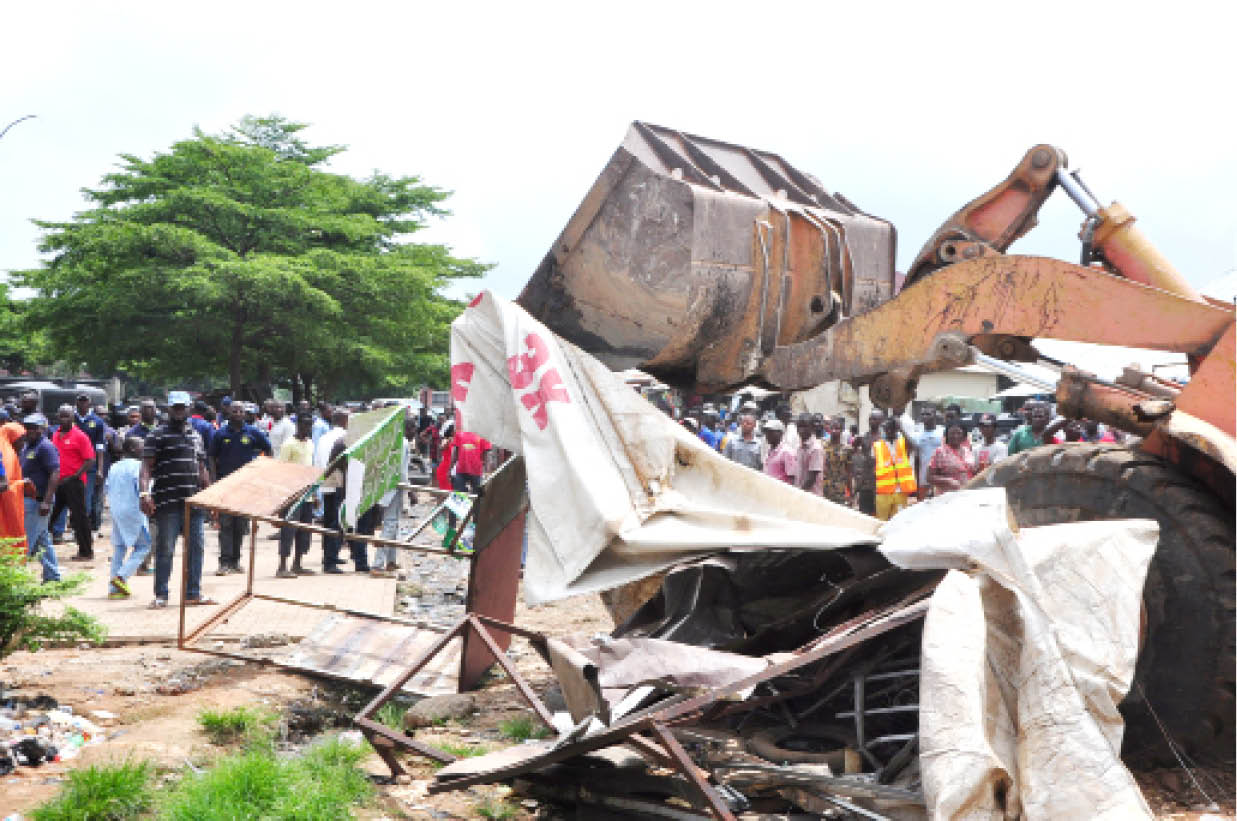A slum is a geographical area whose inhabitants lack basic social amenities and physical infrastructure necessary for good living. Thus, slums are inhabited areas neglected by government.
From my assessment, the FCT as a whole is not a slum but certain parts of the FCT can be described as slums.
- A month after Oyo Fulani eviction: Sarkin Fulani, Asigangan of Igangan quibble over compensation
Gunmen slit throats of father, 2 sons in Zamfara community
Most slums are occupied by the urban poor and are usually located in close proximity to urbanised neighbourhoods.
The urban poor are usually artisans, drivers, and domestic workers who work for the urban rich.
Government’s presence in these areas is not visible in terms of roads, pipe-borne water, electricity, schools and hospitals.
Houses are built haphazardly without any approval by relevant government agencies such areas are completely unplanned and pose serious environmental hazards.
The FCT became the seat of power about 30 years ago and has six area councils with the AMAC (Abuja Municipal Area Council) being the most urbanised and one of the largest. For town planning and development purposes, AMAC was categorised into Zones such as A, B, C and D.
Zone A comprises of Asokoro, Maitama, Wuse and Garki, while zone B comprises of Jabi, Utako, and Apo.
These areas have almost perfect deployment of infrastructure and social amenities and accommodate the urban rich.
However, slums have emerged close to these highbrow areas especially in such areas as Garki Village, Mpape, One man Village, to mention a few.
With the upsurge in the FCT population in the last 10 years, due mainly to the insecurity in the North East, and other parts of the country, the FCT has witnessed a large influx of people especially the poor masses who have taken up residence en masse in these areas.
It is not surprising to see street trading/hawking in the urban neighbourhoods, homeless persons sleeping under bridges, in markets, car parks and gardens, open defecation and cows roaming on major high ways and city streets.
It is thus very apt at this time to draw the attention of government to these ugly trends because if not checked, the highbrow areas of Abuja will become slums in the next 10 years.
Esv. Anthony Akhidenor is an estate surveyor and valuer

 Join Daily Trust WhatsApp Community For Quick Access To News and Happenings Around You.
Join Daily Trust WhatsApp Community For Quick Access To News and Happenings Around You.

